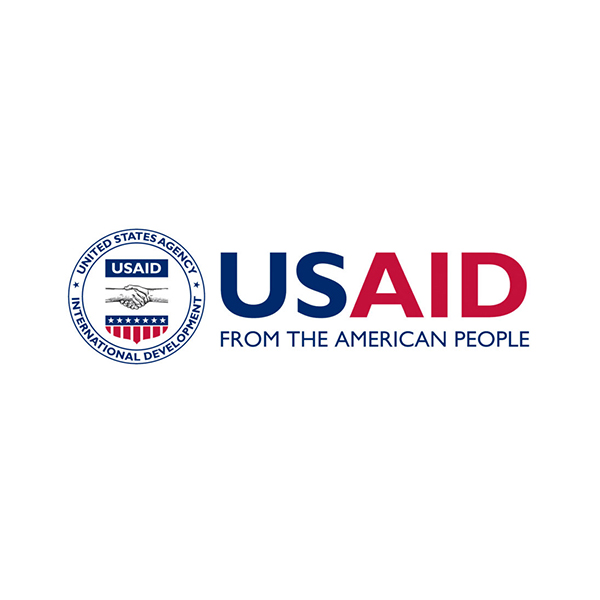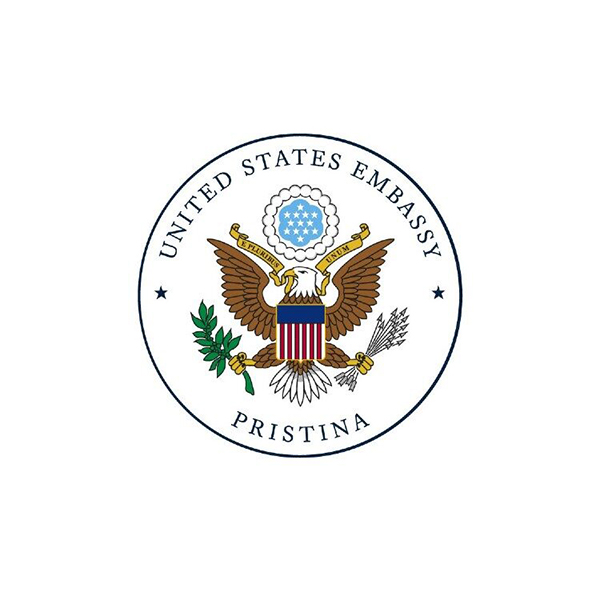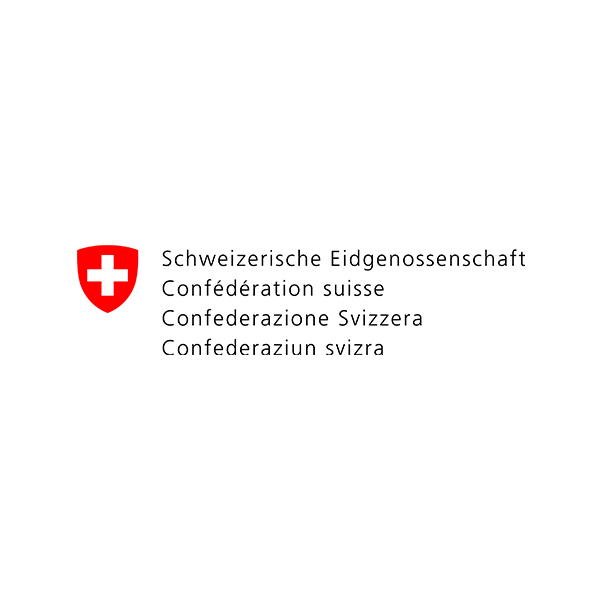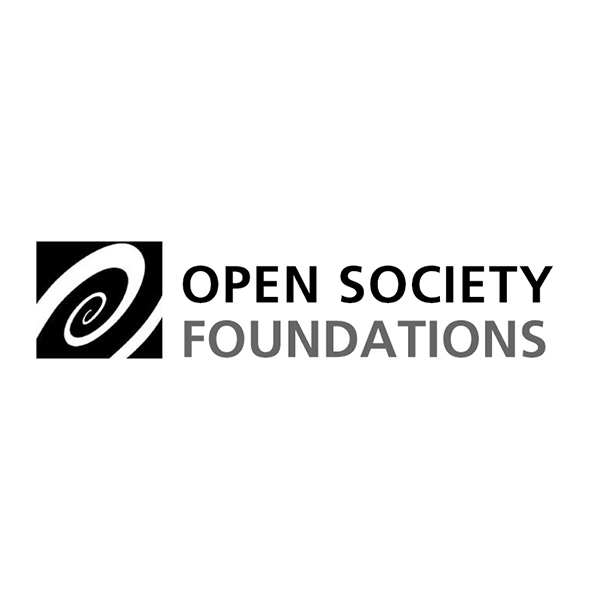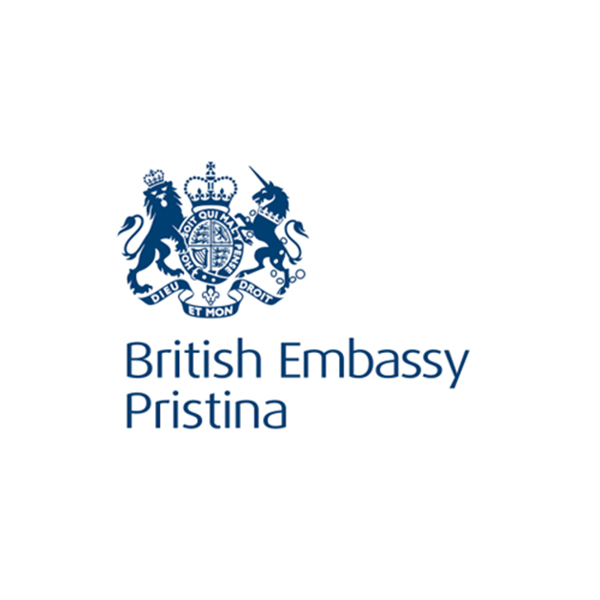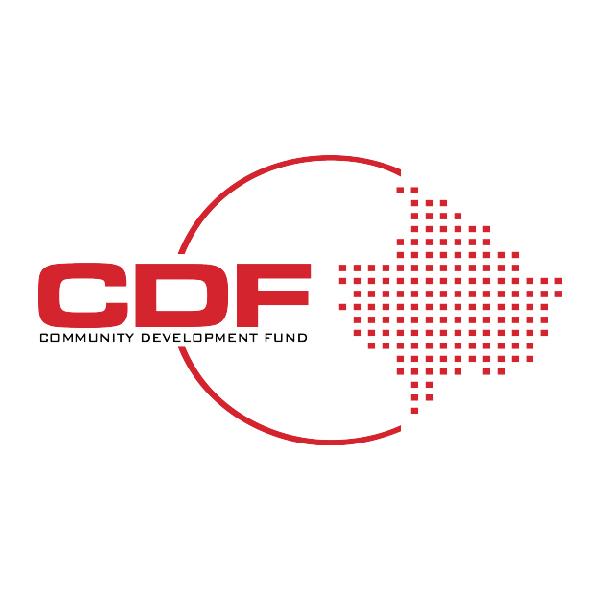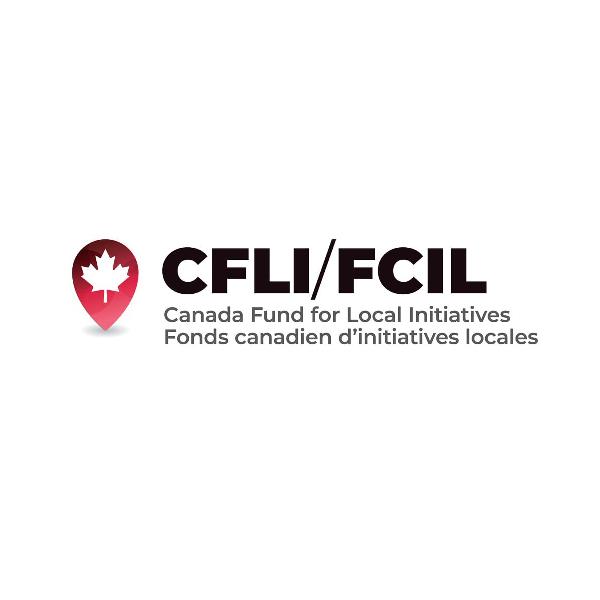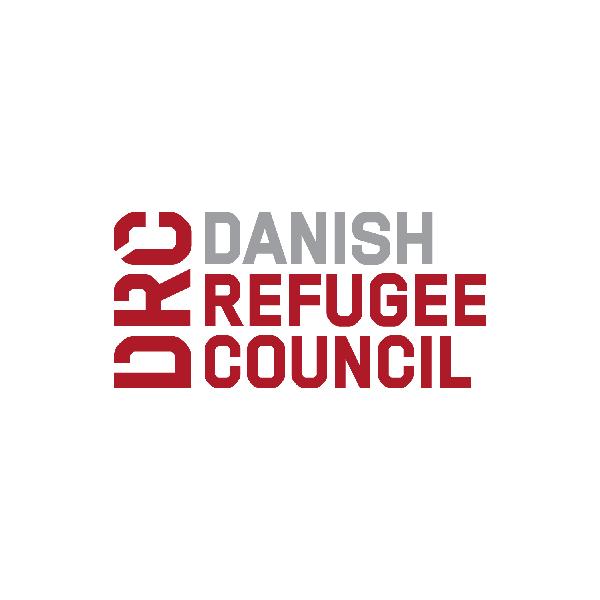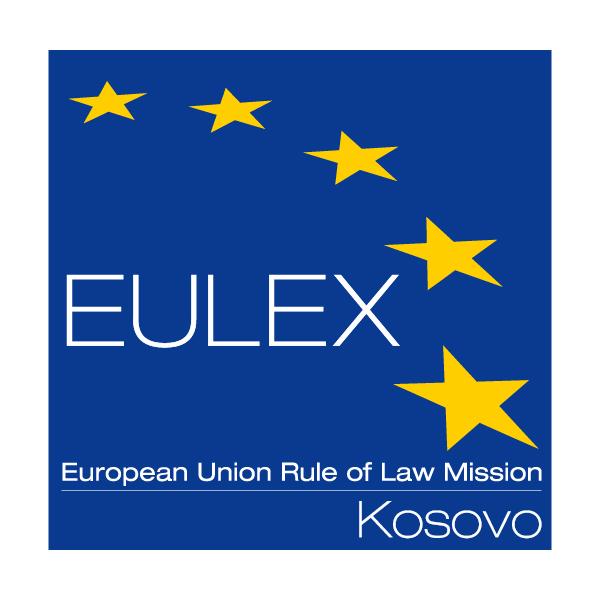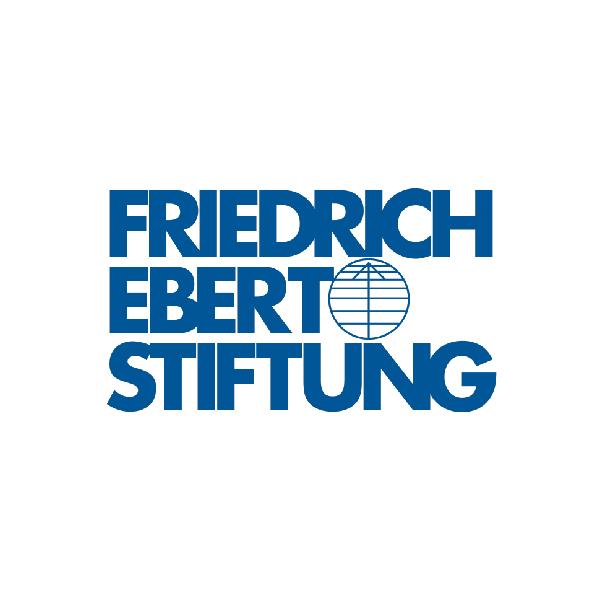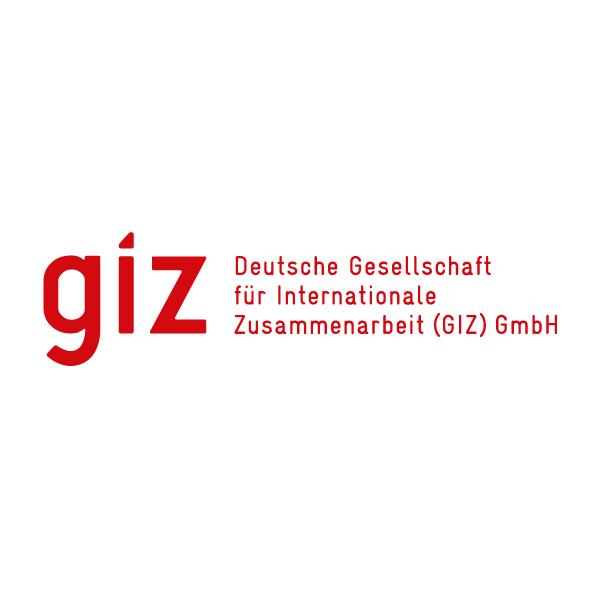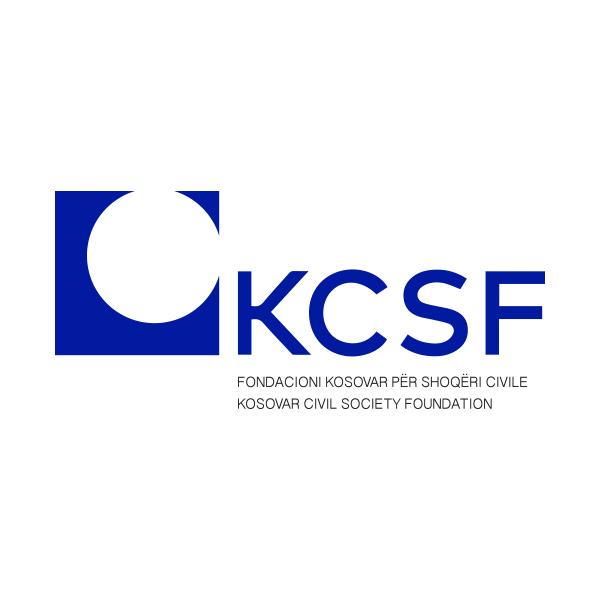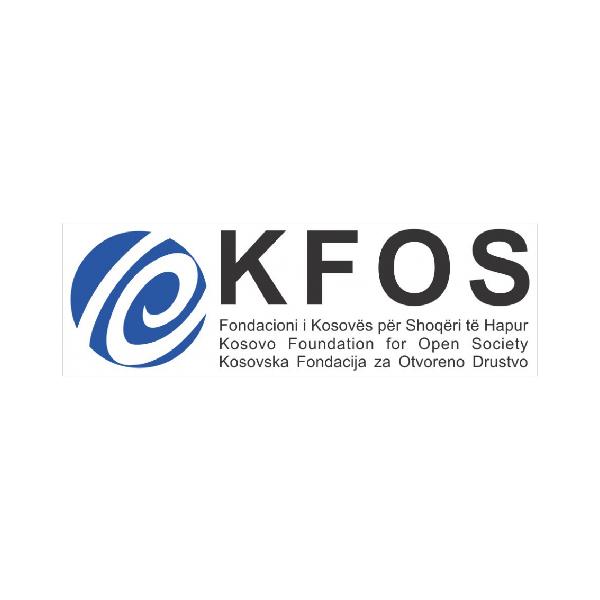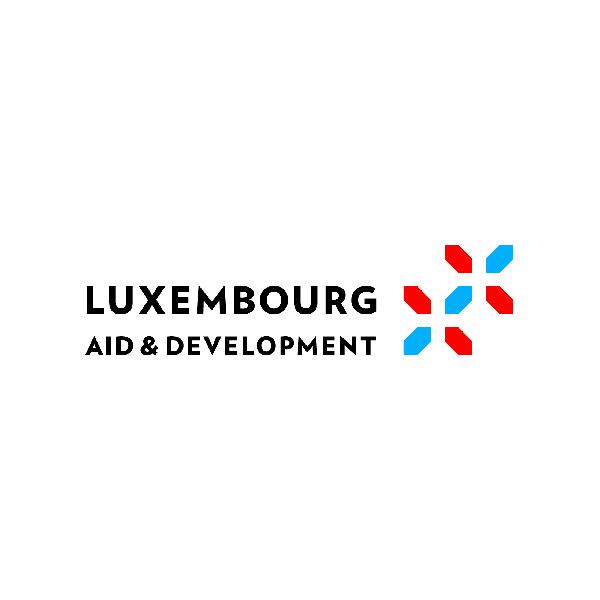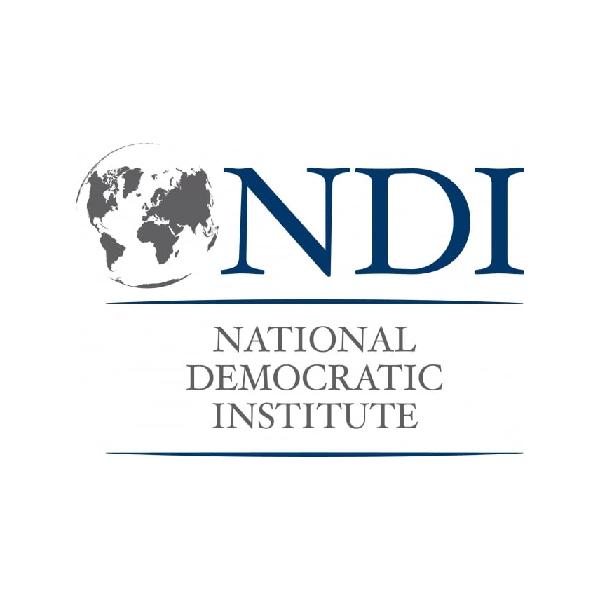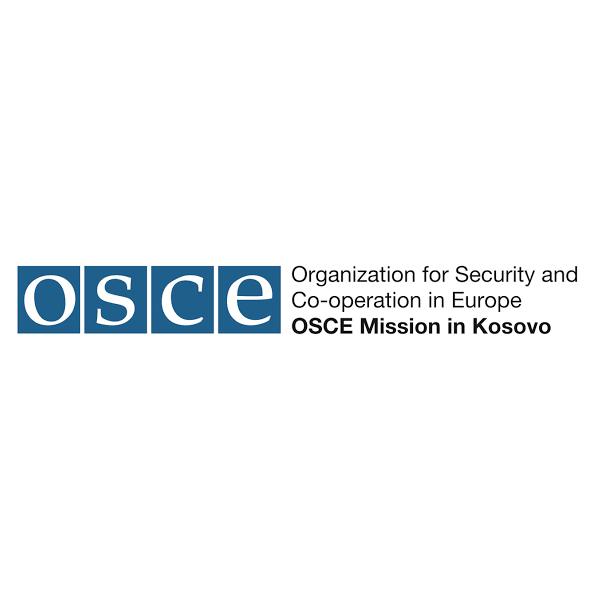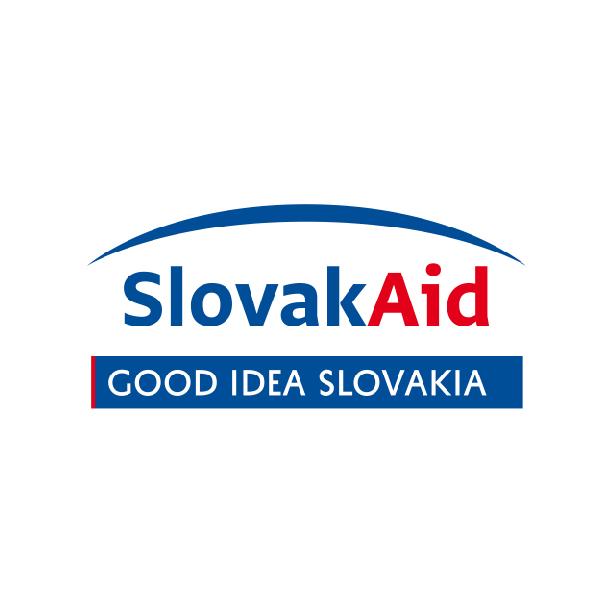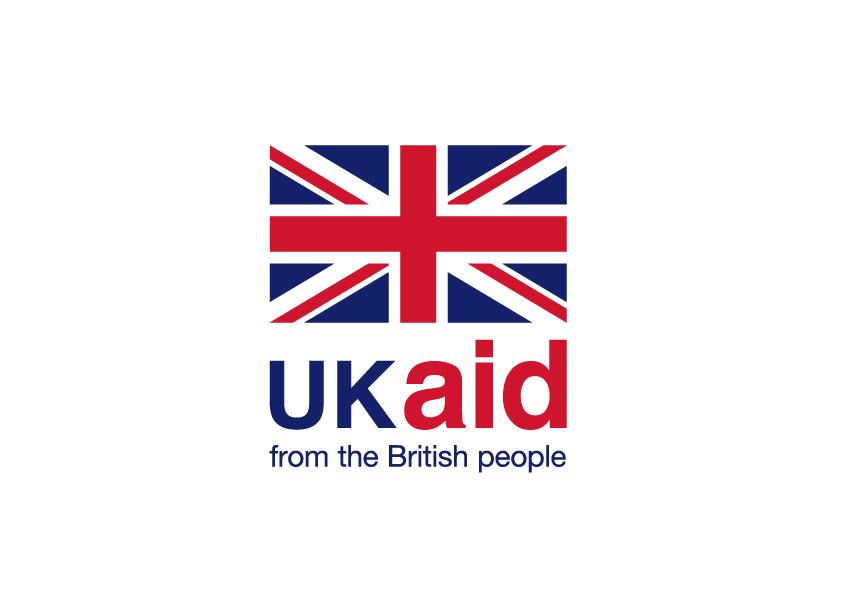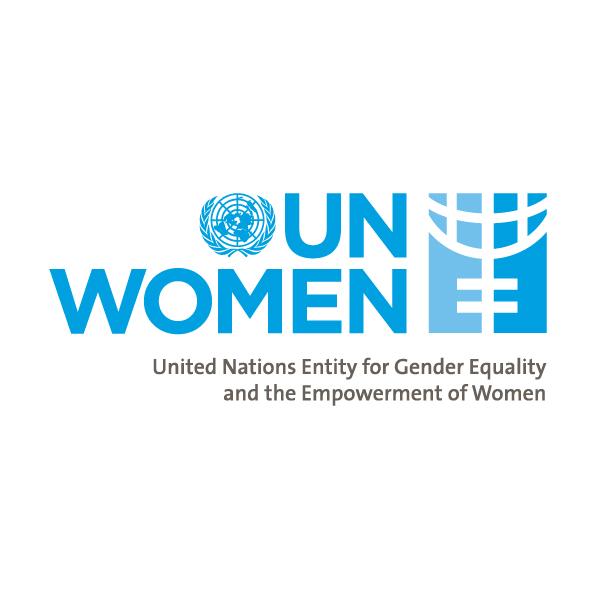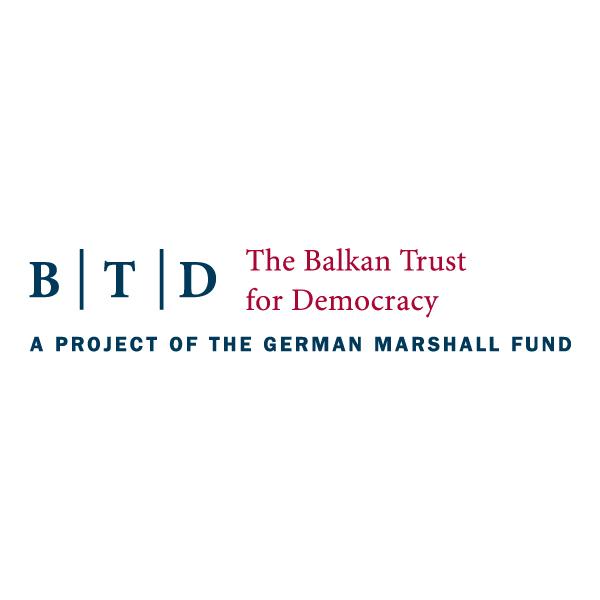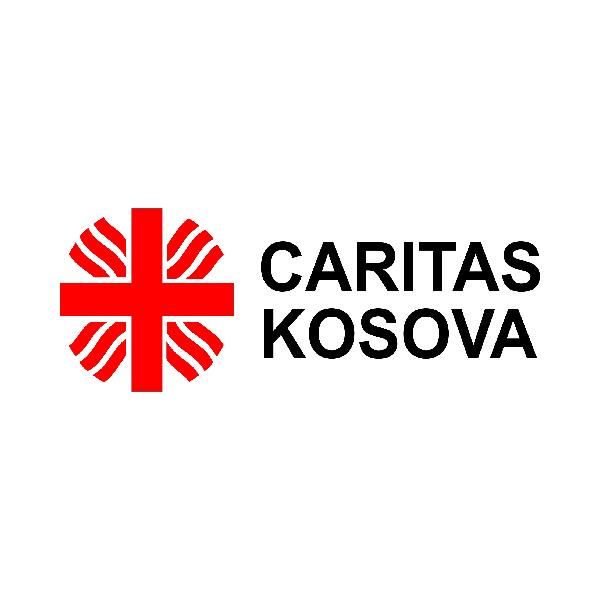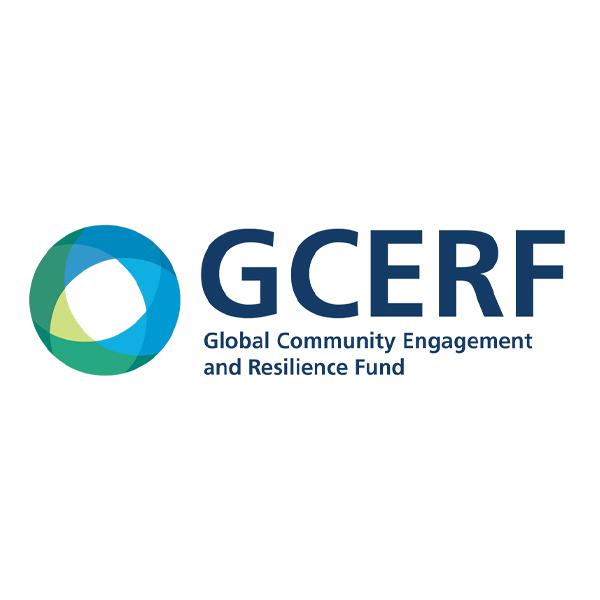On February 29, 2024, the NGO Aktiv presented the publication “Trend Analysis of 2023: Attitudes of Serb Community in Kosovo” in Belgrade. It examines changes in attitudes and perceptions among Serbs in Kosovo regarding key socio-political issues.
There is deep concern and significant dissatisfaction among Serbian community members in Kosovo regarding the current political situation. The main finding of the 2023 Trend Analysis indicates a higher degree of pessimism compared to previous years, driven by escalating fears of potential open conflict.
The analysis notes a significant deterioration across all sectors, from inter-ethnic relations to perceptions of the security situation. Heightened fear of conflict and political tension have fostered deep pessimism within the Serbian community, particularly regarding future expectations and overall security.
Events like the failed dialogue between the Kosovo government and Serbs have led to serious concerns, potentially yielding long-term negative consequences for inter-ethnic relations and community cooperation. A growing sense of insecurity and mistrust prevails among the Serbian community, complicating political and social dynamics.
According to Trend Analysis, almost 95.5% of respondents express deep concern about Kosovo’s current situation, believing it is not progressing favorably. Furthermore, 57.1% believe that the quality of life for Serbs in Kosovo will worsen in the next three years.
Identified problems include 69.2% of respondents highlighting political instability as Kosovo’s primary challenge. Notably, 88.9% of respondents from northern Kosovo claim direct threats to themselves or family members.
When it comes to trust in political leaders, a crucial aspect for the survival and prosperity of a community, especially in societies affected by the consequences of war conflicts, it’s essential to recognize that their role is to represent the interests of the community. However, Analysis shows a record 83.6% of respondents express distrust towards any politician or political party. Residents of northern Kosovo, in particular, exhibit significantly low levels of trust in the Government and Kosovo Police.
In terms of international roles, 56.9% believe Russia best defends Serbian interests in Kosovo. Additionally, 18.9% of respondents believe that the Association/Community of Serb majority municipalities in Kosovo will be formed, while 40.5% consider forming the Association/Community as the most acceptable solution. At the same time 14.8% support demarcation.
The Executive Director of the NGO Aktiv, Miodrag Milićević, during the presentation of the Analysis, stated that this is one of the most pessimistic reports in recent times.
“The data speaks of the alarming nature of the situation and the need for urgency in the reaction, first of all, to ensure a safe and secure environment for local communities, and then necessarily for the political stability that we lost sometime during this year and a half,” said Milićević.
The author of the research and assistant professor at the Faculty of Political Sciences in Belgrade, Stefan Surlić, said that the results speak of the hopelessness of the life of the Serbian community in Kosovo. All trends show such a state, from the political and security situation to the dialogue, Surlić points out.
“Serbs in Kosovo have a lack of perspective in terms of stability and political situation, then in terms of the dialogue that is conducted under the auspices of Brussels, as well as the lack of perspective for further life in Kosovo. They assess the political and security situation as very bad, and there is also a negative attitude towards dialogue, because it is generally not believed that this process fundamentally changes anything”, said Surlić.
Bojan Elek, an expert on security issues, says that the results of the public opinion survey showed hopelessness in the Serbian community.
“In this current situation, when we have a problem with dinars, I will describe the situation as follows. The main missing currency is trust, because all data, from which institutions they trust, to political actors, on whom do you rely for security, citizens in the north of Kosovo above all, but also in the south, simply do not trust either Pristina’s institutions or Belgrade, nor to the international community”, said Elek.
According to the director of the Institute for Territorial Economic Development, Dragiša Mijačić, this kind of study is important for monitoring trends in the Serbian community in Kosovo.
“This Analysis gives us an insight into what is happening in the Serbian community in Kosovo. This is comprehensive research that follows annual trends, and through which we can understand what is happening,” Mijačić said.
The Trend Analysis highlights widespread concern over unresolved issues such as the Association/Community of Serb majority municipalities in Kosovo establishment and apathy towards long-term solutions.
Hence, the primary recommendation underscores the need for a fresh and holistic approach to resolving the crisis, centered on safeguarding the rights and enhancing the quality of life for the Serbian community in Kosovo.
“Politicians and decision-makers should view them as motivation for prompt actions to enhance institutional adherence to laws safeguarding the rights of minority communities and uplift their living standards,” the Analysis states.
The publication is supported by the National Endowment for Democracy (NED).
The trend analysis is available in three languages, Serbian, Albanian and English.
Srpski: https://t.ly/pa9qb
Shqip: https://t.ly/IdLWh
English: https://t.ly/AtEGY



















